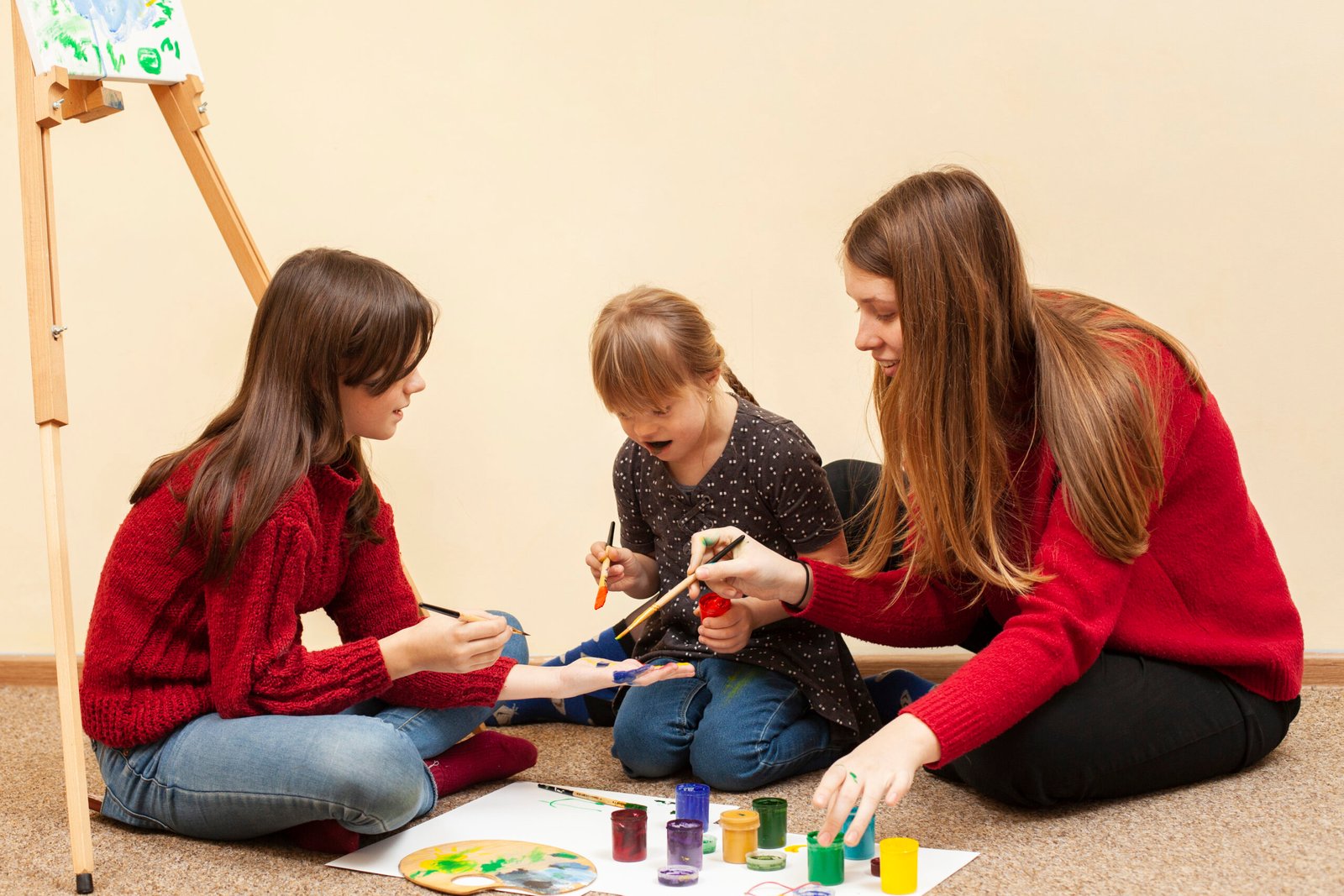Understanding Early Intervention Therapy
Early intervention therapy refers to specialized support provided to children from birth to age five who are at risk for developmental delays. These services are designed to maximize a child’s potential during the crucial early years when the brain is most malleable. The therapy often includes speech and language therapy, occupational therapy, physical therapy, and behavioral therapy, all aimed at supporting overall development.
The Role of Play in Development
Play is a natural medium through which children learn about the world. It is through play that children develop cognitive skills, social competence, and emotional regulation. In early intervention therapy, play is not merely recreational—it serves as a therapeutic mechanism to enhance specific skills such as communication, problem-solving, and motor coordination.
Cognitive Benefits
Play stimulates brain activity, encouraging children to explore cause-and-effect relationships, categorize objects, and practice memory retention. Activities like puzzle-solving, building blocks, or interactive games enhance critical thinking and problem-solving skills, which are essential for later academic success.
Social and Emotional Benefits
Through cooperative play, children learn to share, take turns, and navigate social dynamics. Role-playing games allow children to express emotions safely, helping them build empathy and emotional intelligence. These experiences are vital for children with developmental delays, as they often struggle with social interaction and emotional regulation.
Physical Benefits
Physical play activities such as climbing, running, or ball games enhance gross and fine motor skills, coordination, and balance. For children in early intervention therapy, these activities also support sensory integration, helping them better process and respond to sensory input.
Key Benefits of Play in Early Intervention Therapy
Enhances Communication Skills
Communication is a cornerstone of development. Play provides a low-pressure, enjoyable environment where children feel motivated to express themselves. Whether through gestures, sounds, or words, play encourages children to initiate interactions, respond to prompts, and practice language skills. Interactive games, puppet play, and storytelling exercises are effective ways to improve vocabulary and sentence structure in children undergoing early intervention therapy.
Fosters Problem-Solving and Cognitive Flexibility
When children engage in constructive or pretend play, they encounter challenges that require problem-solving. For instance, building a tower of blocks requires planning, patience, and adaptability. These experiences train the brain to think critically and creatively, which is essential for both academic success and everyday decision-making.
Supports Emotional Regulation
Play allows children to explore emotions in a controlled environment. Activities like role-playing or art-based games enable children to express feelings that they may not be able to verbalize. Therapists can guide children through scenarios that teach coping strategies, empathy, and emotional resilience—skills that are foundational for healthy social interactions.
Promotes Social Skills and Peer Interaction
Group play encourages cooperation, negotiation, and understanding social cues. Children learn to respect boundaries, follow rules, and engage in shared goals. For children who struggle with social communication, guided play in therapy sessions helps bridge gaps in social competence and build meaningful peer connections.
Encourages Physical Development
Fine and gross motor skills are crucial in early childhood development. Play-based therapy often integrates movement-oriented activities such as throwing, catching, or using playdough. These exercises not only strengthen muscles but also enhance hand-eye coordination, balance, and overall physical confidence.
Boosts Motivation and Engagement
Unlike structured therapy sessions that may feel repetitive or demanding, play is intrinsically motivating. Children are more likely to participate actively, persist in challenging tasks, and enjoy the learning process when therapy incorporates elements of play. This positive reinforcement cycle enhances the overall effectiveness of early intervention therapy.



